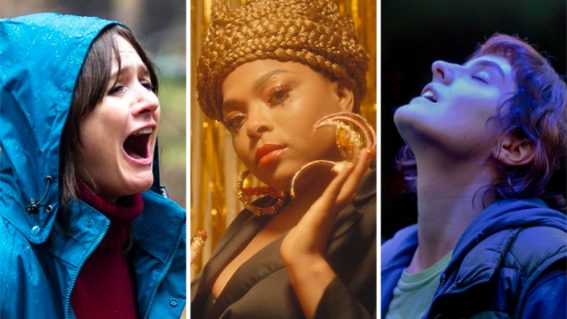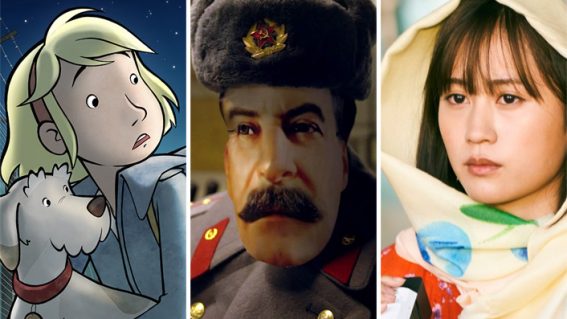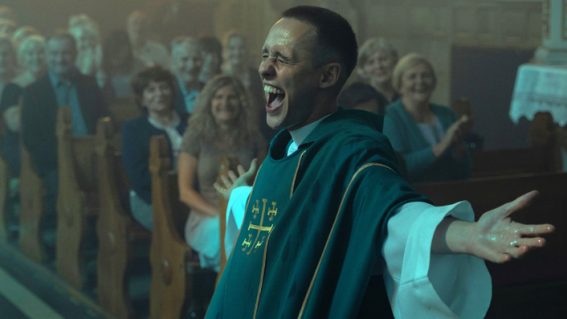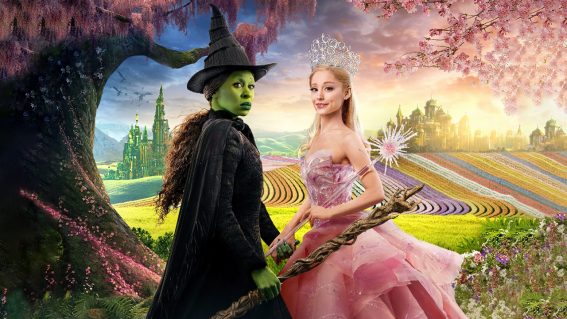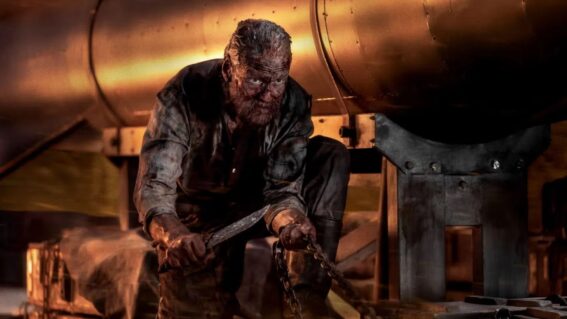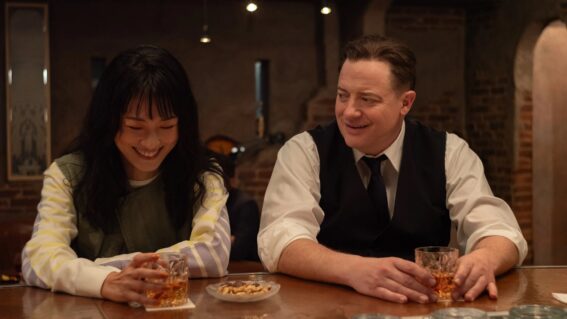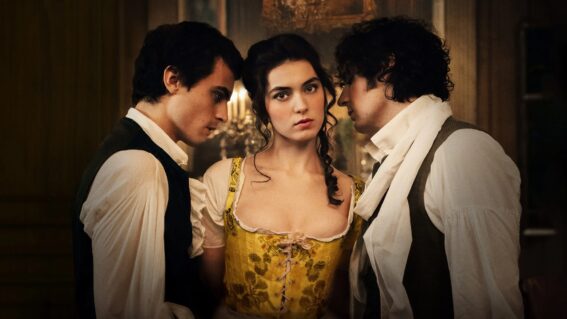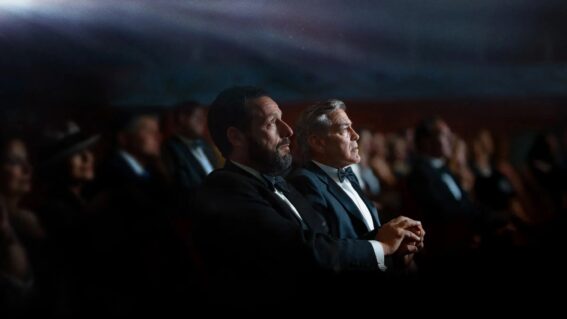Full coverage of New Zealand International Film Festival
Find out what’s getting us excited about this year’s fest.
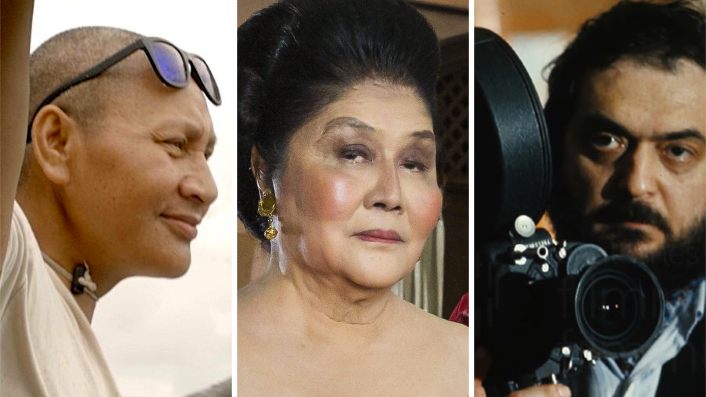
This year’s Whānau Mārama: New Zealand International Film Festival is nearly upon us, running 24 July to 3 August, streaming online (and playing in select cinemas).
Just because our annual overload of film is a little different in 2020, that doesn’t mean we’re any less excited about the films on offer. Like previous years, we’re going all out in our coverage, with a deluge of mini-reviews and Q&As with filmmakers, much of it live now and with a lot more on the way.
Decide what to watch with our mini-reviews
Our team of keen reviewers has gotten an early look at much of the programming, and we’re here to help make your picks for 2020. A number of reviews are already up, sorted alphabetically, and our latest reviews page will be updated as more come in over the coming weeks. Here are a few of the most recent additions.
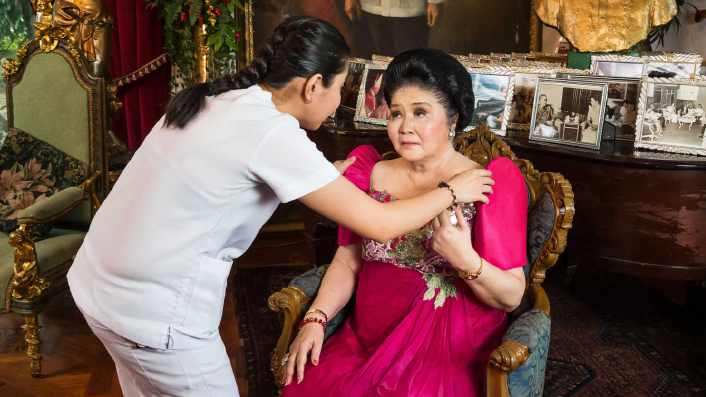
The Kingmaker
Think Imelda Marcos and you probably think shoes, and though her collection numbering in the thousands gets a cursory mention here, there’s so much more to the story of the former Philippines first lady who once strode the world stage like a glamorous yet terrifying Princess. There’s fun to be had wallowing in the madness of it all, the tacky baubles, the wild spending, including herds of African animals and New York apartment buildings. Then there’s Imelda’s jaw-dropping lack of self-reflection and a Trump-like persecution complex. But the painful history soon unfolds into a living nightmare of the now. Don’t miss it.
PAUL CASSERLY
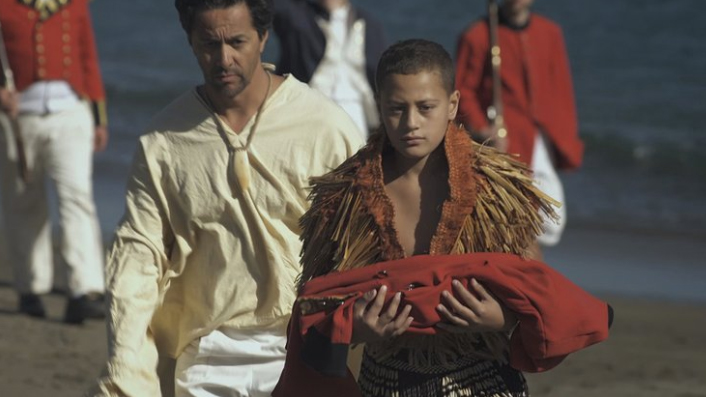
Tupaia’s Endeavour
Though it’s clearly made for television, there’s a banquet of mind food here that massively advanced my personal knowledge of New Zealand’s history. Also doubles as a great example of how oral history works on both an indigenous and tertiary level. You can’t help but get swept away by the nuggets of gold they found thanks to the guidance of ancestral knowledge.
LIAM MAGUREN
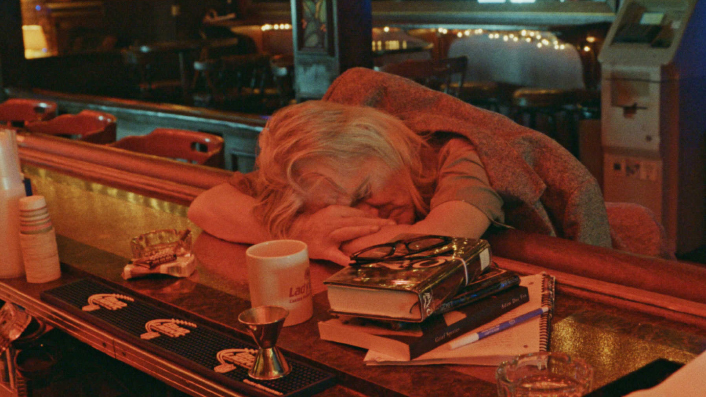
Bloody Nose, Empty Pockets
Loved the boozy, slurred 4am barfly poetry of this bleary-eyed toast to the disillusioned and the marginalised. A hazy, elegiac, moving microcosm of the American Now, haunted by the ghosts of Altman and ‘70s-era Huston.
AARON YAP
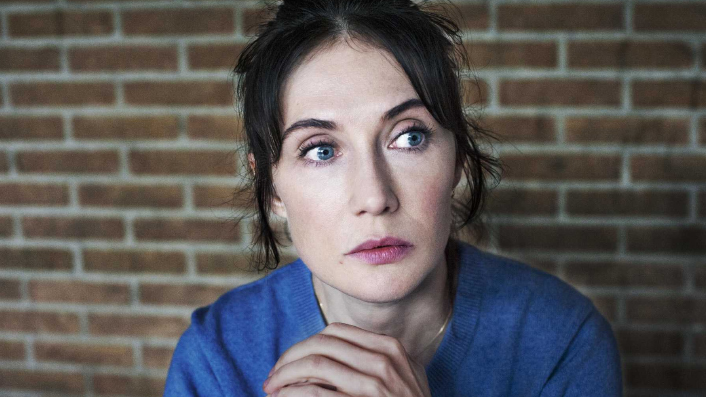
Instinct
Heavily indebted to Haneke’s The Piano Teacher, Instinct is an impressive debut from Dutch filmmaker Halina Reijn. Despite some weaker story elements, it’s the alarming, audacious ending that clinches this film as a clever navigation of the complexities of power and desire.
AMANDA JANE ROBINSON
All 2020 mini-reviews:
Latest reviews | A – D | E – J | K – M | N – R | S – Z
Read Q&As with this year’s filmmakers
Our first pieces are here for you to read, shedding more light on films in this year’s festival. Expect more online in coming days, and in the meantime check out some of what filmmakers have shared with us so far.
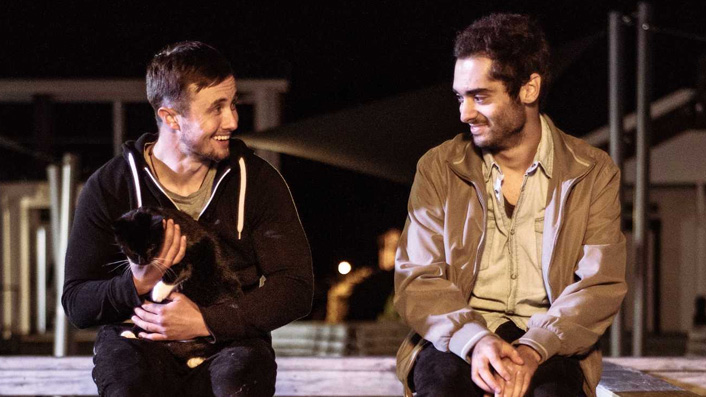
Max Currie, Rūrangi director
FLICKS: What drew you to the story of trans activist Caz, and his return to smalltown Rūrangi?
MAX CURRIE: The relationship between men and their fathers is something I keep coming back to, and I was bowled over when I realised that although Rūrangi’s father character, bought to life with grit and heart by Kirk Torrence, had raised Caz—he had never seen him. We get to see this moment when it happens, for the first time, and it’s taken both men their whole life to get there. It’s singular and powerful.
Read the full Q&A with Max Currie
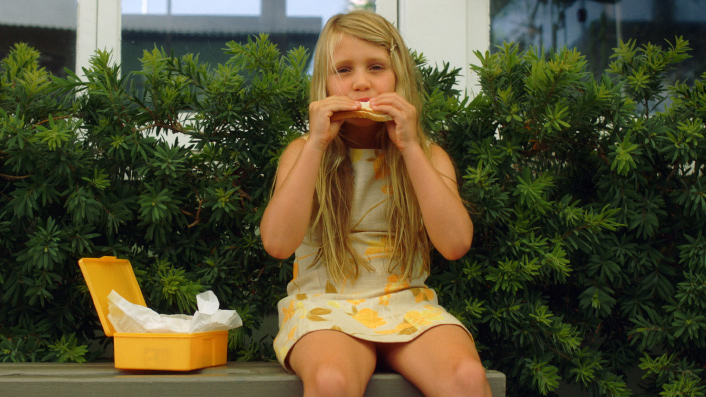
Robyn Grace, Oranges and Lemons director (part of New Zealand’s Best short film programme)
FLICKS: Can you share your favourite memory during your time making this film?
ROBYN GRACE: Eastern Rosellas bite! The bird wrangler was going to bring a frozen bird that had died with him, so that our 8-year-old actor could hold it, but when he took it out of the freezer someone had turned off the power so it was rotten and mushy. Our fabulous costume assistant had to ‘volunteer’ to be the hand double in the CU and hold a real rosella—she was only bitten twice!
Read the full Q&A with all the New Zealand’s Best directors
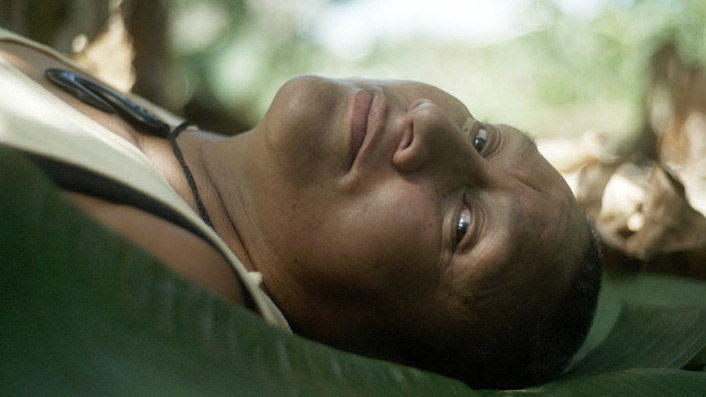
Anna Marbrook, LOIMATA, The Sweetest Tears director
FLICKS: It’s notoriously difficult to film anything on the ocean. How did you coordinate the shoot with your cinematographer Jess Charlton?
ANNA MARBROOK: We shot on the ocean, in the jungle, on isolated islands, in midwinter rural New Zealand and tropical downpours. Jess and I planned and talked constantly. Plans would evolve then get thrown out as scenes “in actuality” unfolded taking the cast into unexpected places. Generally, scenes involved many people so Jim Marbrook started shooting as well. Jess and I would capture the core of the scenes and Jim would get pick-ups, cutaways and reaction shots to support the “live” and intimate tone of the finished film.
Read the full Q&A with Anna Marbrook
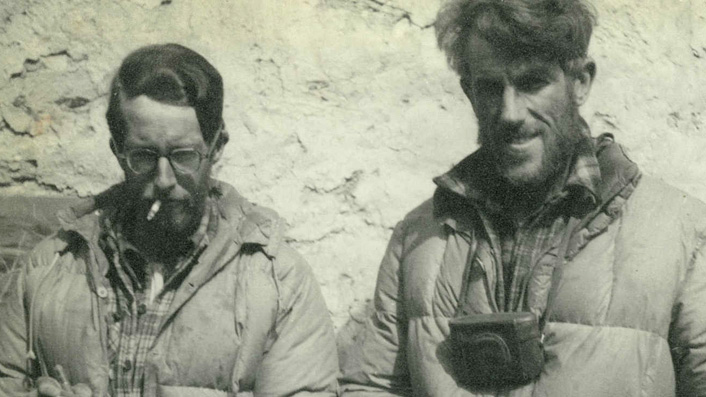
Richard Riddiford, Before Everest director
FLICKS: The documentary takes many steps to avoid sensationalising the story. Were there any moments during production you felt the story was getting too far away from the truth?
RICHARD RIDDIFORD: My personal relationship with my father had been very difficult and whenever the documentary seemed to be heading toward a heliography I felt very uncomfortable and hypocritical.
Read the full Q&A with Richard Riddiford
How to watch festival films
Take it from us—the festival’s streaming platform has worked a treat, helping to make watching this year’s selections in your living room (or anywhere you’re in wifi range) an easy and fulfilling experience. We recommend heading to the festival website and checking their test trailer to get familiar with how it all works, and what you need to have set up.
You’ll also find a detailed step-by-step guide, and there are also these helpful videos to assist getting you set up for plenty of filmwatching:
Our festival coverage:
* Mini-reviews of Whānau Mārama: New Zealand International Film Festival 2020
* All our Q&As with this year’s filmmakers
* Steve Newall’s early picks from the programme
* Liam Maguren’s early picks from the programme





